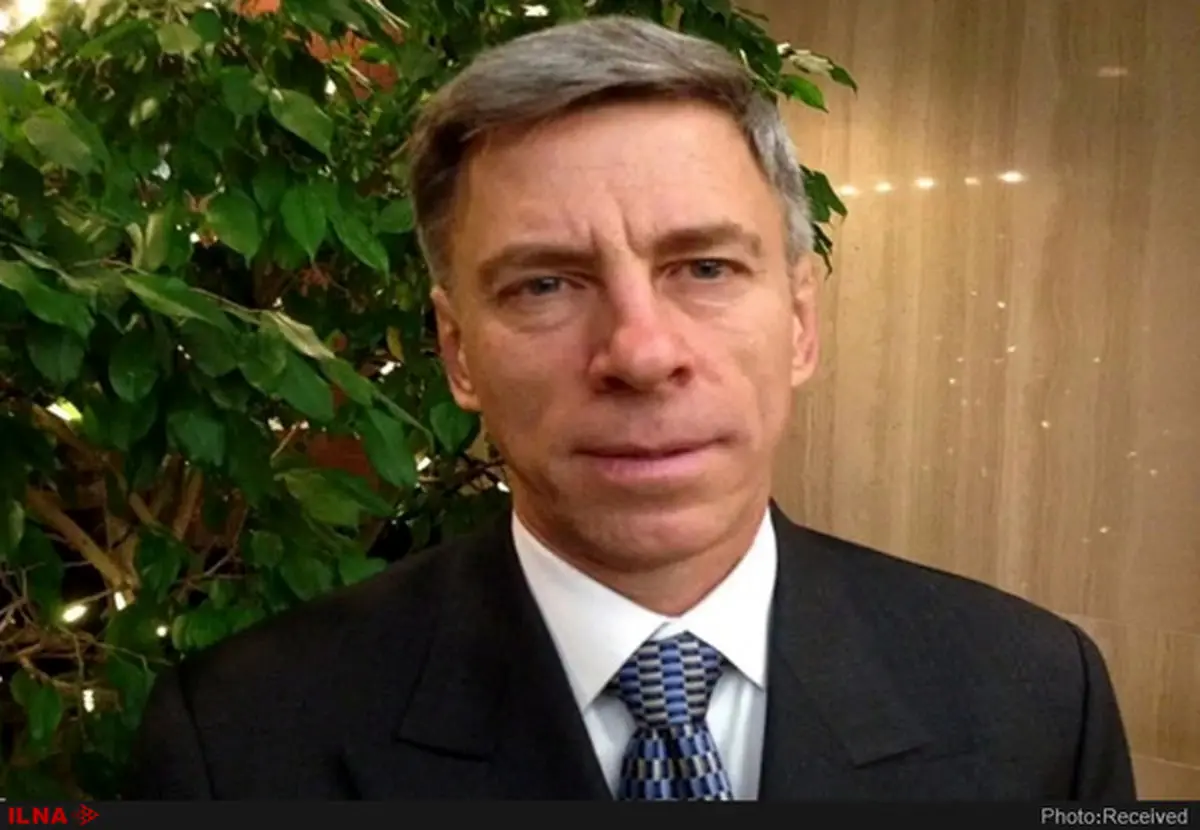It is better to fight at the ballot box rather than streets; Walter Dorn tells ILNA

The attacks against candidates are shameful. But they will not stop the majority of Afghans from voting to determine their future.
Walter Dorn is Professor of Defence Studies at the Canadian Forces College and at RMC. He is a scientist by training (Ph.D. Chemistry, Univ. of Toronto), whose doctoral research was aimed at chemical sensing for arms control. He assisted with the negotiation, ratification and implementation of the Chemical Weapons Convention. He addressed parliamentary committees in nations on several continents to support the ratification and implementation of the treaty. His interests are now broader, covering both international and human security, especially peace operations and the United Nations.
ILNA: Given the violence of terrorist groups against any democratic act in Afghanistan, what scenarios are expected in the upcoming election?
The worst-case scenario is large-scale attacks on voting sites leading to widespread voter suppression. But given that this scenario was, fortunately, avoided in previous elections, the most likely scenario is small-scale attacks on a few voting sites. The Afghan people will still turn out to vote because they have learned to live with such risks. And they are bravely going to help determine their own future. The 9 million Afghans who have registered showed great bravery in the face of threats and violence.
Though turnout may not be high in comparison with previous elections, there is a vibrant electoral atmosphere, a vigorous campaign, and open debate. It is better to fight at the ballot box rather than fight on the streets or on the battlefield. The Taliban know that they cannot win battles outrights so they have adopted typical guerrilla tactics of disruption, terrorism, and IEDs.
ILNA: The parliamentary election was delayed a number of times. What was the reason for that?
There were many issues, including voter registration difficulties, with some arguing for biometrics to verify identity. There remains a legitimate concern of false registrations and there was not enough time, even with the postponements, for biometric devices to be rolled out. The other issues are too many to be described here, including the nature of the party system, and specific individuals serving on the electoral reform commission, etc.
Afghanistan has developed a history of elections in this century. This election will build on this important tradition, which has major international backing. The fact that the previous president, Hamid Karzai respected the term limits is a testament not only to his own humility but also to the growing tradition of leader selection through elections, presidential and parliamentary.
The elections process has an important electoral complaints body. Some fraud is inevitable but the Electoral Complaints Commission will help to assess the degree of fraud and hence any threat to the legitimacy of the election. In addition, UN-led audits could become a way to resolve disputes and to legitimize the complaints process itself.
ILNA: What will be the contribution of power in Afghan groups, based on ethnic and political implications?
Ethnicity has always played a major role in how Afghans vote. It is a fact of life. In the long term, one would hope that merit and leadership capability would come to play a more important role than the ethnicity of a candidate.
Other mechanisms to select a leader, including clan warfare or secret deals, are fraught with much greater danger. It is important to give all Afghan citizens a say in their determining their leadership and their future.
Even if these are not model elections, they are an important alternative to any other system for determining its leaders.
ILNA: How do you evaluate the role of women in this election?
Women are playing an increasing role in elections. There is a rural/urban divide, where women in towns and cities can exercise more the exercise of their rights.
ILNA: What is the message of the numerous terrorist acts against candidates and their physical removal?
The attacks against candidates are shameful. But they will not stop the majority of Afghans from voting to determine their future.
The vast majority of Afghan will be able to vote peacefully without attack. But the threat remains. Eventually, the Taliban will see participation in the election as better for the country and for themselves. It is far better than the current path of violence and sabotage.
ILNA: In this election, authorities have given minorities, such as Hindus, allocation to the Parliament. In your opinion, what is the reason for that?
It was an effort to secure the inclusion of minorities. As with women’s representation, minorities need some help to make sure they are adequately represented in the parliament.
The elections reflect the will of the people, though far from being a perfect mirror of it. The more democratic the House of the People becomes, the more legitimacy it will have. It is important that the parliament serves as a check on the power of the executive, including the president and the Chief Executive.
Interview: Kamran Baradaran
